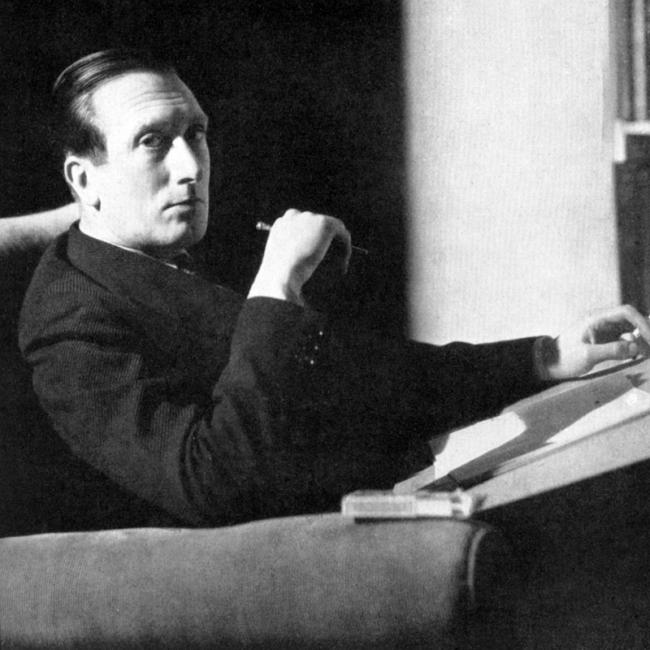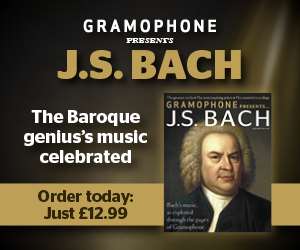
Walton
Born: 1902
Died: 1983
William Walton
Walton’s language, characterised by pungent orchestration, driving energy and virile rhythms, yet with an unmistakable Elgarian Englishness, makes his music easily accessible.
More on Walton...
Top 10 Walton recordings
Ten great albums of William Walton's music from Edward Gardner, Richard Hickox, Andrew Litton, André Previn and many more... Explore the list
A tribute to Sir William Walton
Edward Greenfield pays tribute to the great British composer... Read the article
Both of Walton’s parents were singers (his father was an organist, choirmaster and singing teacher) and at the age of 10 he won a place as a chorister at Christ Church, Oxford. He was encouraged in his youthful attempts at composition: when Sir Hubert Parry was shown some of his work he said, ‘There’s a lot in this chap, you must keep your eye on him’. Hugh Allen, the organist of New College, sponsored his admission to Christ College, enabling Walton to matriculate at the amazingly early age of 16.
While at Oxford he met the Sitwell family – Edith, Osbert and Sacheverell – who took him under their wing. For the next decade and more, Walton lived with them in their houses in Chelsea and Italy as a sort of adopted brother. He was only 19 when he composed the work that was to bring his name to public attention, Façade. The combination of Walton’s witty, exuberant music and Edith Sitwell’s nonsense verses became a cause célèbre after their first outing (the poetess ‘declaiming’ her own words through a megaphone and hidden behind a curtain).
Such hedonistic high spirits were not enough on which to build a serious career, though, and Walton soon proved that he was capable of great things with his Viola Concerto, the concert overture Portsmouth Point and, above all, the magnificent dramatic cantata Belshazzar’s Feast and his fizzing Symphony No 1. He composed his first film score in 1934 (Escape Me Never) and discovered a medium to which his lyrico-dramatic gifts were ideally suited. It was during his work on the film of Shakespeare’s As You Like It (1936) that he first met Laurence Olivier and the three Shakespeare films in which he collaborated with the great actor (Henry V, Hamlet and Richard III) put him in a class of his own as a film composer.
As early as 1939 Walton, ‘the white hope of British music’, pronounced prophetically, ‘today’s white hope is tomorrow’s black sheep…I’ve just gone through the first halcyon periods and am just about ripe for my critical damnation’. Indeed, Walton wrote little during the decade after the Second World War. He had married the Argentinian Susana Gil in 1948 in Buenos Aires and shortly afterwards settled on the island of Ischia off the coast of Naples. His opera Troilus and Cressida (1954), the Cello Concerto (1956) and the Second Symphony (1960) were all coolly received by the critics, a reaction to his unfashionable late-Romanticism. By the time he died his music was once again coming back into fashion.

Gramophone Digital Club
- Digital Edition
- Digital Archive
- Reviews Database
- Full website access
From £8.75 / month
Subscribe
Gramophone Full Club
- Print Edition
- Digital Edition
- Digital Archive
- Reviews Database
- Full website access
From £11.00 / month
Subscribe
If you are a library, university or other organisation that would be interested in an institutional subscription to Gramophone please click here for further information.





